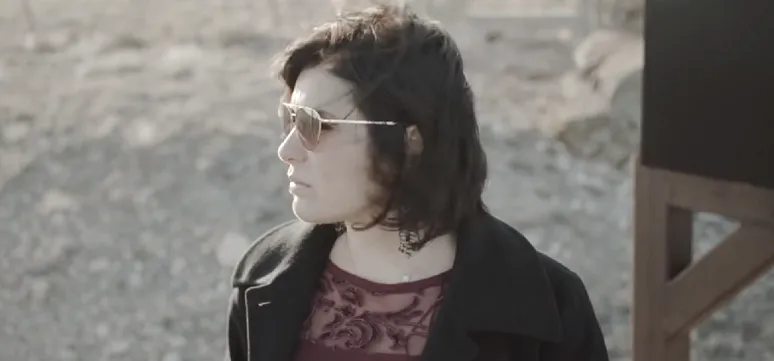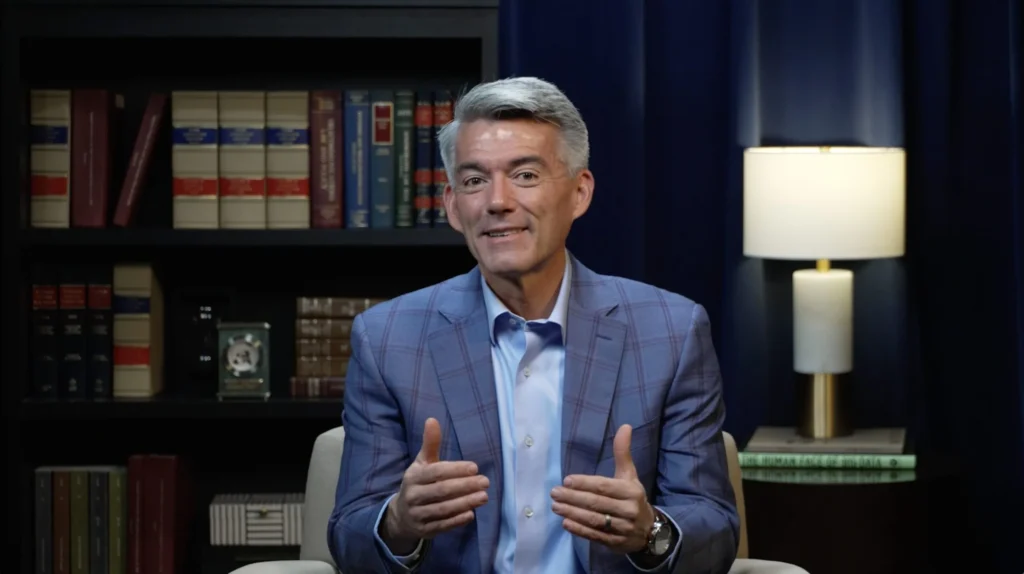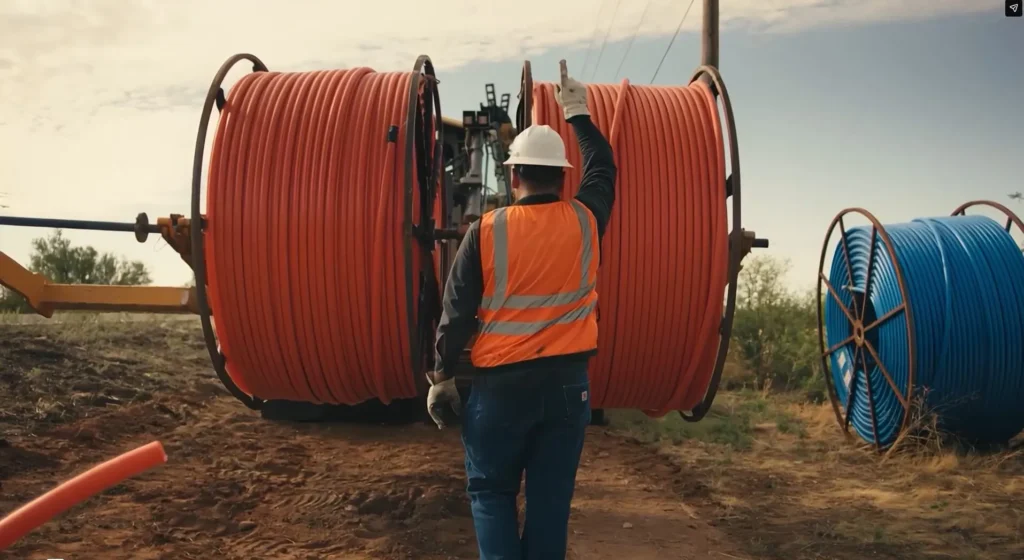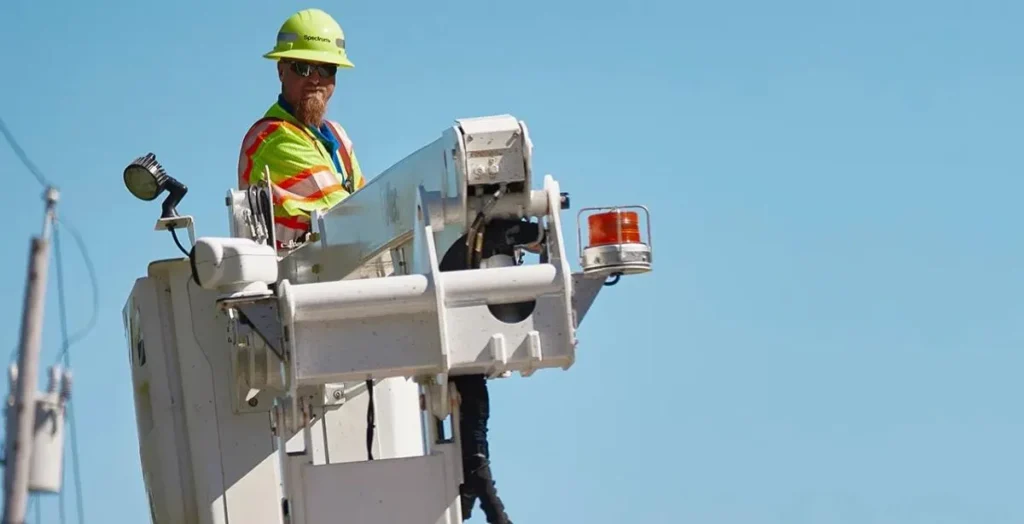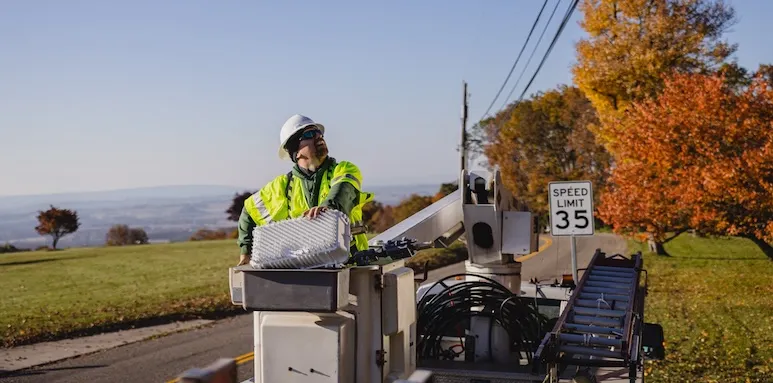At this week’s Television Critics Association press tour, conducted virtually this year, Lifetime brought together a panel on the network’s upcoming two-night documentary, Surviving Jeffrey Epstein, which premieres this coming Sunday. Panelists included the filmmakers and real-life sexual assault survivors of the late financier’s crimes. These women spoke to the challenges of sharing their trauma for television, as well as the empowerment that came with having worked on the film. The documentary is a follow-up to the Peabody Award-winning Surviving R. Kelly, which brought to the forefront the sexual abuse allegations against the singer and gave the survivors a platform to share their stories.
“A core part of Lifetime’s DNA has always been focused on elevating women and amplifying their voices as they’ve sought justice,” said Lifetime Executive Vice President and Head of Programming Amy Winter. Both documentaries are also part of a larger public affairs campaign that Lifetime established to spread awareness about violence against women and women of color.
The Stop Violence Against Women campaign, initially launched in 2002 and then relaunched in 2018, has educated and empowered millions of people each year through public service announcements, legislative advocacy and partnerships with hundreds of non-profit organizations, women leaders, public officials, and key members of the media. In a Q&A over email, Lifetime Senior Vice President of Publicity and Public Affairs Kannie Yu LaPack offered more insights into the goals of the multi-year campaign, and how documentaries like Surviving Jeffrey Epstein help to put a national spotlight on ending domestic violence and sexual assault.
Why did Lifetime decide to launch the ‘Stop Violence Against Women’ campaign and dive into this social issue?
Advocacy has always been part of Lifetime’s DNA and a core tenant for the network for over 35 years. Stop Violence Against Women was relaunched in 2018 when we saw there was a need to provide resources to our audience, especially with what was happening with #MeToo and upcoming programming we had planned for the network. We knew we had to be responsible and honest to our audience and provide connections and resources for them if they need it.
What does the campaign involve?
We filmed a PSA for the relaunch of the campaign, available for viewing here, which features ‘Me Too’ founder, sexual assault survivor and activist Tarana Burke; survivor, actress and activist Alyssa Milano who amplified the #MeToo movement and Burke’s work with her pivotal tweet; survivor, R. Kelly critic and women’s advocate Kitti Jones; and survivor and founder of the millennial driven advocacy group RISE, Amanda Nguyen who was nominated for the 2019 Nobel Peace Prize for creating the Sexual Assault Survivors’ Bill of Rights to ensure survivor rights are not dependent on geography.
Lifetime is honored to partner with the leading organizations Girls for Gender Equity, Me Too, Color of Change, Black Women’s Blueprint, RAINN, It’s On Us, National Domestic Violence Hotline, National Coalition Against Domestic Violence, RISE, Biden Foundation and The Joyful Heart Foundation for the relaunch of Stop Violence Against Women. This diverse and impactful partner coalition will help to spread awareness, empower women, provide healing tools and support for women and survivors in need of assistance.
The initiative will also include educational resources and outreach to high schools and colleges nationwide so young women have tools to discuss and address the ways these issues affect their lives. Lifetime will also host screenings and panels of upcoming programs airing on Lifetime that center on bringing awareness to the abuses and harassment of women.
How do the documentaries Surviving R. Kelly and Surviving Jeffrey Epstein fit into the mission of the campaign? What has the outreach involved for the rollouts of these two films?
For Surviving R. Kelly, we worked closely with many organizations like RAINN, which saw a 40% jump in calls during the airing of Surviving R. Kelly Part 2, and with organizations like Black Women’s Blue Print which provided a watch guide and hotline resources as well during the airing of Part 1.
For the launch of Surviving Jeffrey Epstein, we are creating a new PSA – this time with the survivors from this documentary to support RISE, to encourage other survivors to join in their mission to establish a Survivors’ Bill of Rights in their states. Currently, it’s only passed in half of the states in the U.S. The PSA will air each night of the documentary’s airing in addition to a PSA from RAINN to provide hotline information.
The Survivors’ Bill of Rights Includes:
- Right to equality under the law
- Right to informative rape kit procedures and notification
- Right to survivors’ advocacy
- Right to terminate all legal ties with the assailant
- Right to the retention of all rights regardless of whether assault is reported to law enforcement
Why is it important for Lifetime (and the media in general) to tell these stories?
Television has the ability to not only entertain, but to educate. If by sharing these stories, we are able to help someone who feels alone in what’s happening with them, and encourage them to speak out, we have provided a service. Being able to tie in programming to a purpose is so powerful, and can reach audiences in a way that a written piece can’t.

